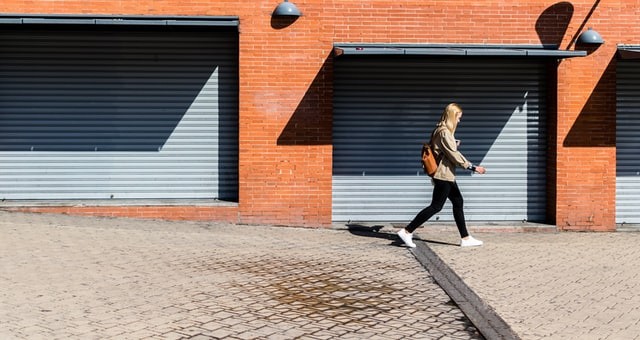It's commonly known that deep deprivation affects one's physical and psychological health alike, and such effects are significantly negative if it is missing or disrupted.
A Positively Scottish report said some well-known impacts of restless sleep comprise drowsiness, yawning, and at times, headaches, depression, and anxiety.
Recently published scientific research added new information, specifically that lack of sleep hampers an individual's ability to walk, a CNN report specified.
According to neuroscience professor Hermanno Krebs from the University of Maryland School of Medicine, the research outcomes show that "walking is not a spontaneous process." It can be impacted by sleep deprivation.
ALSO READ : Neuroscientists Reveal How Alcohol Ruins Sleep

Ideal Number of Hours of Sleep at Night
Krebs added, the ideal number of hours of sleep at night is eight, and if an individual is unable to do so, he needs to compensate for those hours as much as possible and do so regularly.
A MiddleEast in 24 said in a similar report, the predominant scientific belief prior to this research was that walking is an automatic procedure or method. Meaning, the person is directing himself in the direction he wants to walk, and the body is undertaking to implement this with limited technical support.
This new study disproved the said belief, though. It showed that the brain reacts to auditory and visual hints on the way, adjusting the rhythm of walking depending on the need.
There is a lot of impact coming out from the brain on walking, explained Krebs. For instance, to reach the optimal capacity of the brain, an adult individual needs at least seven hours of sleep.
According to the US Centers for Disease Control and Prevention, a school-aged child, on the other hand, needs nine to 12 hours of sleep.
Sleep Trackers Worn to Get Results
The new research published in the Scientific Reports journal focused on college students experiencing chronic sleep deprivation at the University of Sao Paulo in Brazil.
The students were provided with sleep trackers to wear for 14 days. The trackers recorded their sleep and awake periods. As a result, students slept six hours each day on average.
Following that, a group of students was subjected to a test on a treadmill. They were asked to keep up with the changing speed of the device.
Krebs said they discovered that people with severe sleep deprivation had more errors could not keep up with the changes.
Meanwhile, another researcher involved in the research reported that students with sleep deprivation were left out of the rhythm and had poor performance.
Importance of Adequate Sleep
This research is a powerful reminder for people about the need for adequate sleep. Particularly for people working in industries where long hours or night work shifts are typical. More so, irregular walking can also be dangerous.
Sleep experts have recommended some steps to deal with sleep deprivation. Some of them include taking a warm shower or bath, reading a book before sleeping, and listening to soothing music.
Meditating will also help those who lack sleep, and doing a few light stretches are also good choices to prepare the brain for bed. It is essential, too, to maintain a regular sleep-wake schedule, even on weekends and holidays.
Related information about the effects of sleep deprivation is shown on Mmlearn.org's YouTube video below:
Check out more news and information on Sleep on Science Times.
© 2026 ScienceTimes.com All rights reserved. Do not reproduce without permission. The window to the world of Science Times.









